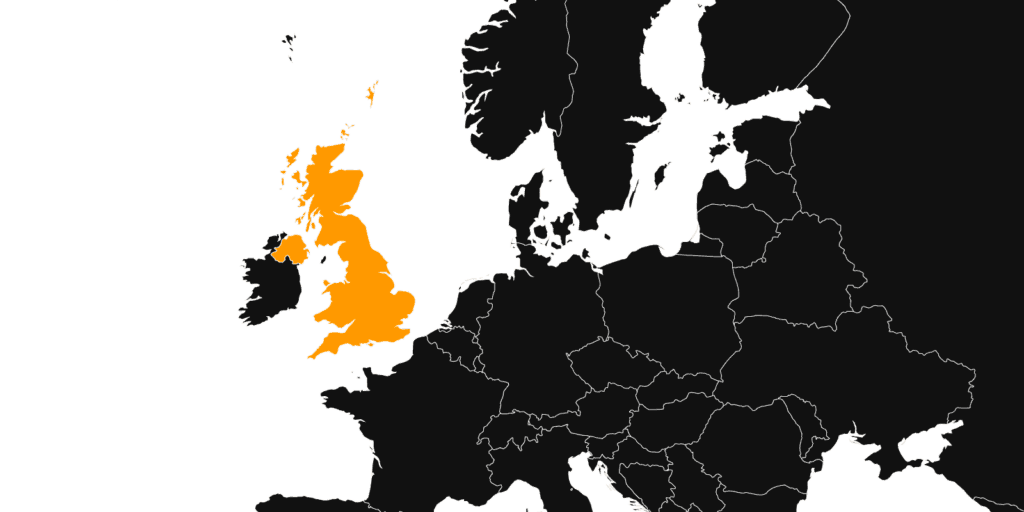

UK’s Data Protection Bill must ensure it protects press freedom
The parliamentary committee considering the Data Protection Bill is urged to drop amendments that would force news publishers to sign up to a state-backed regulator or face potentially crippling costs.
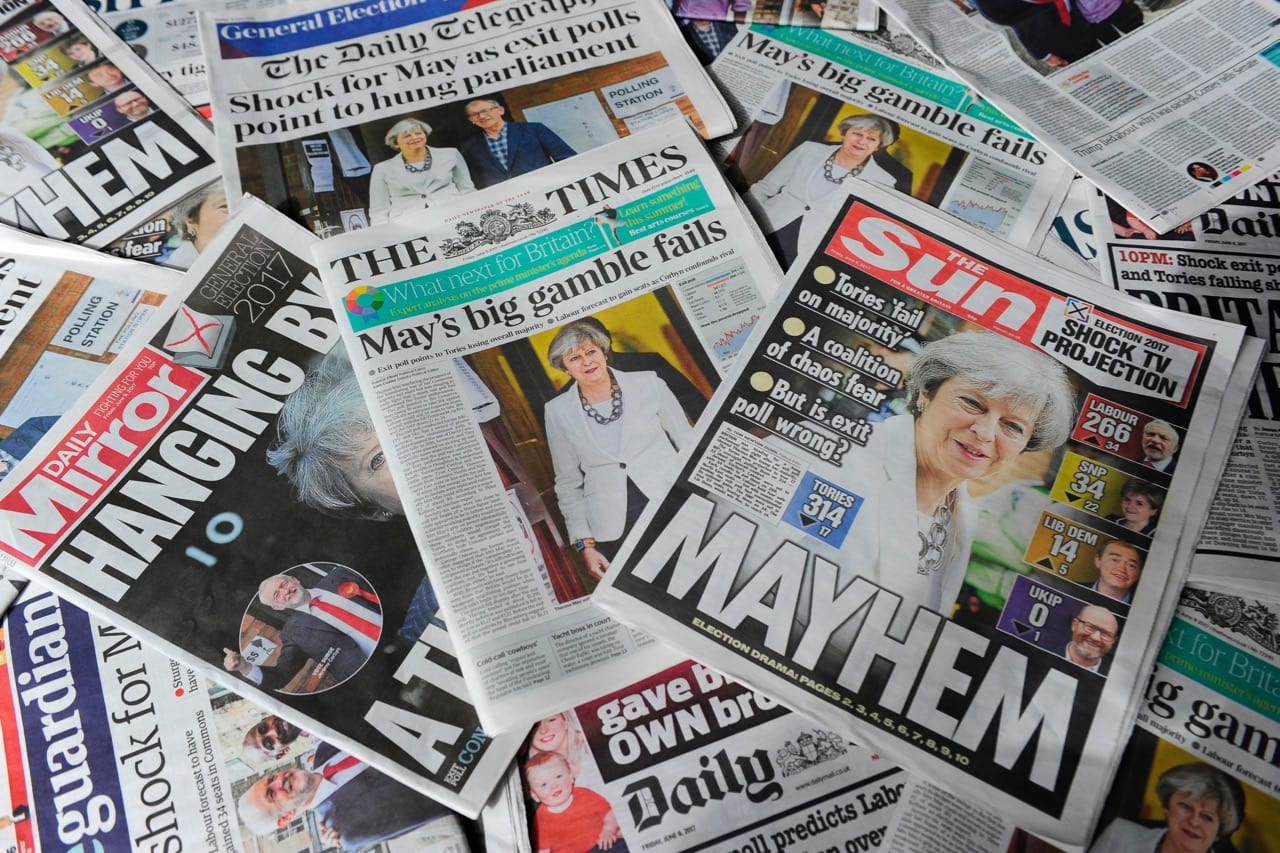
Is compromise compromising news?
“News is something which somebody wants suppressed: all the rest is advertising.” Variations on this quote, originally attributed to William Randolph Hearst, have echoed around newsrooms for decades, with advertising and editorial kept separate. Nowadays, though, the line is becoming more blurred for the UK’s regional media.
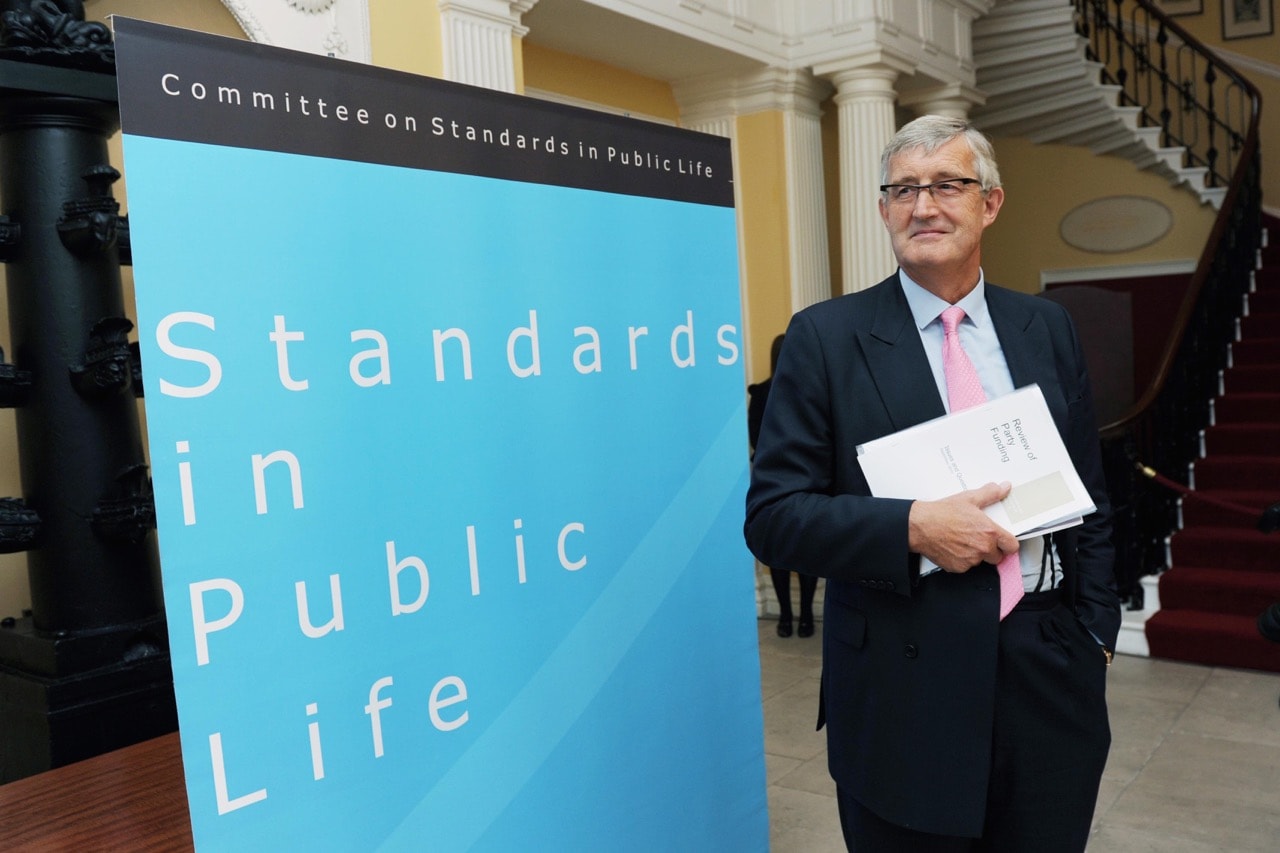
Index rejects UK committee’s recommendation to outsource censorship
Index on Censorship rejects many of the suggestions made in a report into intimidation of UK public officials by a committee tasked with examining standards in public life.
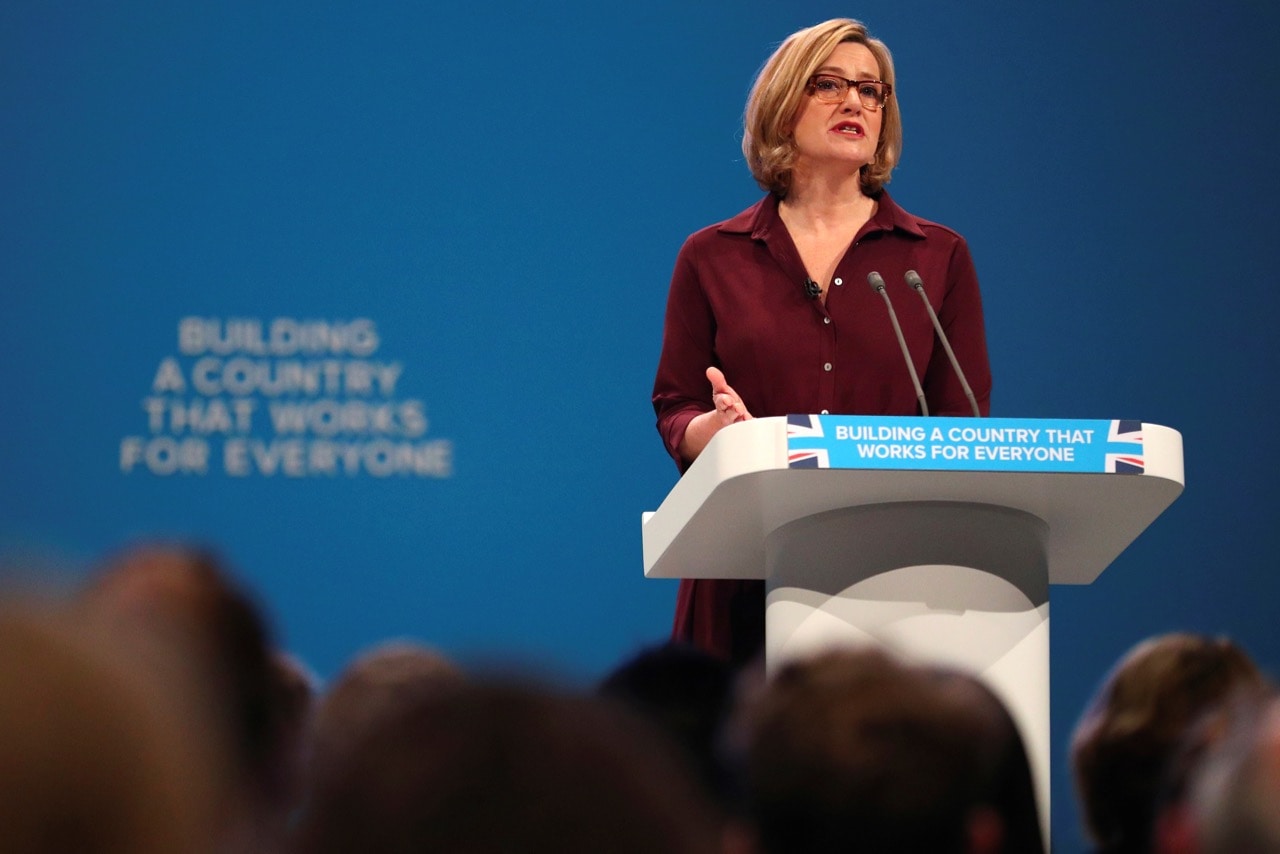
UK: Rudd’s plans to criminalise viewing of extremist content another threat to journalists
The new UK laws would reportedly see anyone “repeatedly” viewing extremist content online jailed for up to 15 years.
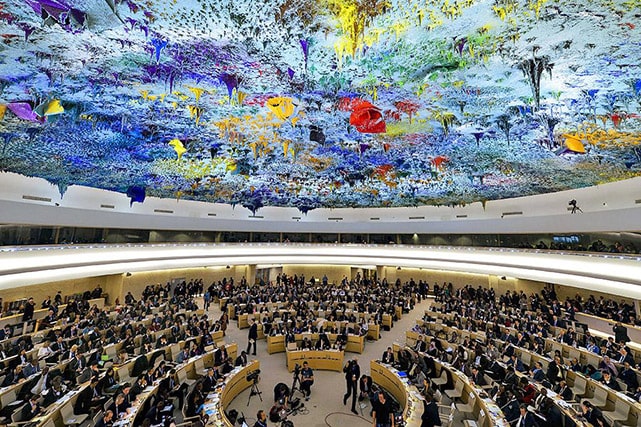
HRC 36: Secure digital communications are essential for human rights
A joint statement by the Association of Progressive Communications, IFEX and 64 co-signatories at the UN-HRC 36 warns of the threat to human rights posed by recent attacks on the right to use encryption technology, in Turkey and across the globe.
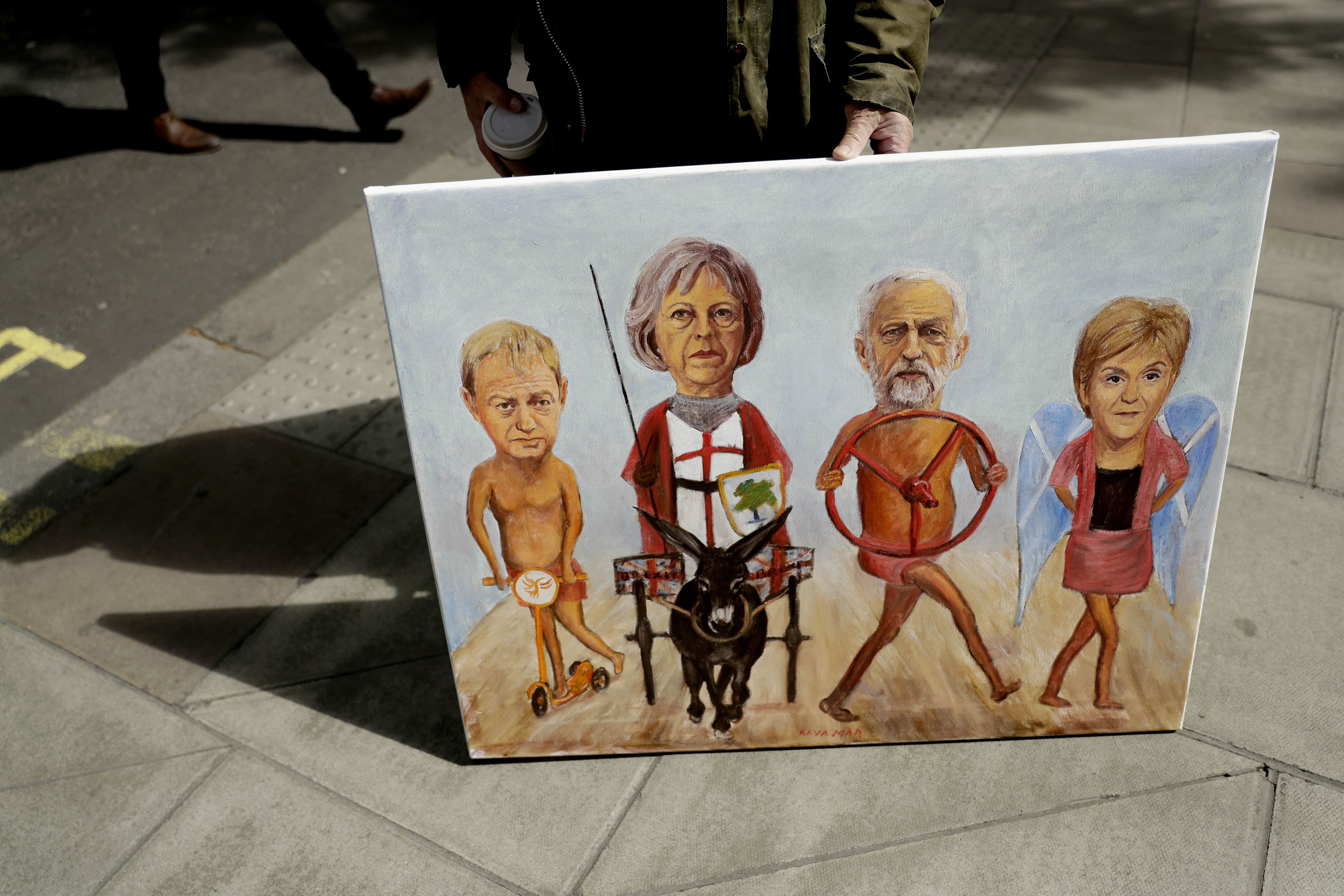
Is the UK election bad for free press?
No televised debates. Boycotting of media outlets. Journalists shut in a room and prohibited from covering campaign events. Is this the new face of British democracy?
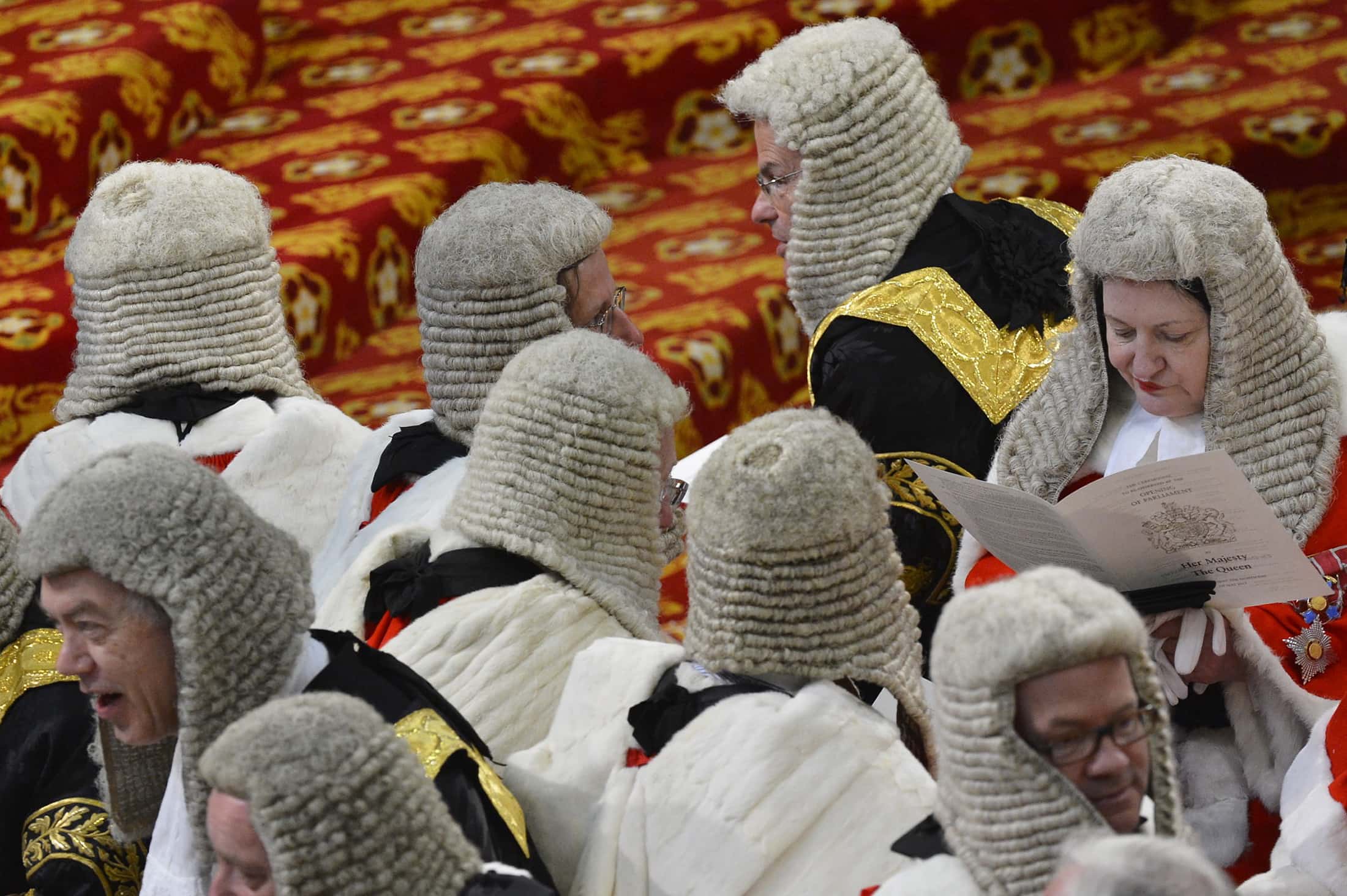
No land for whistleblowers
A proposed new UK law could lead to the imprisonment of civil servants and journalists for disclosing information that would otherwise be available to anyone who asked for it.
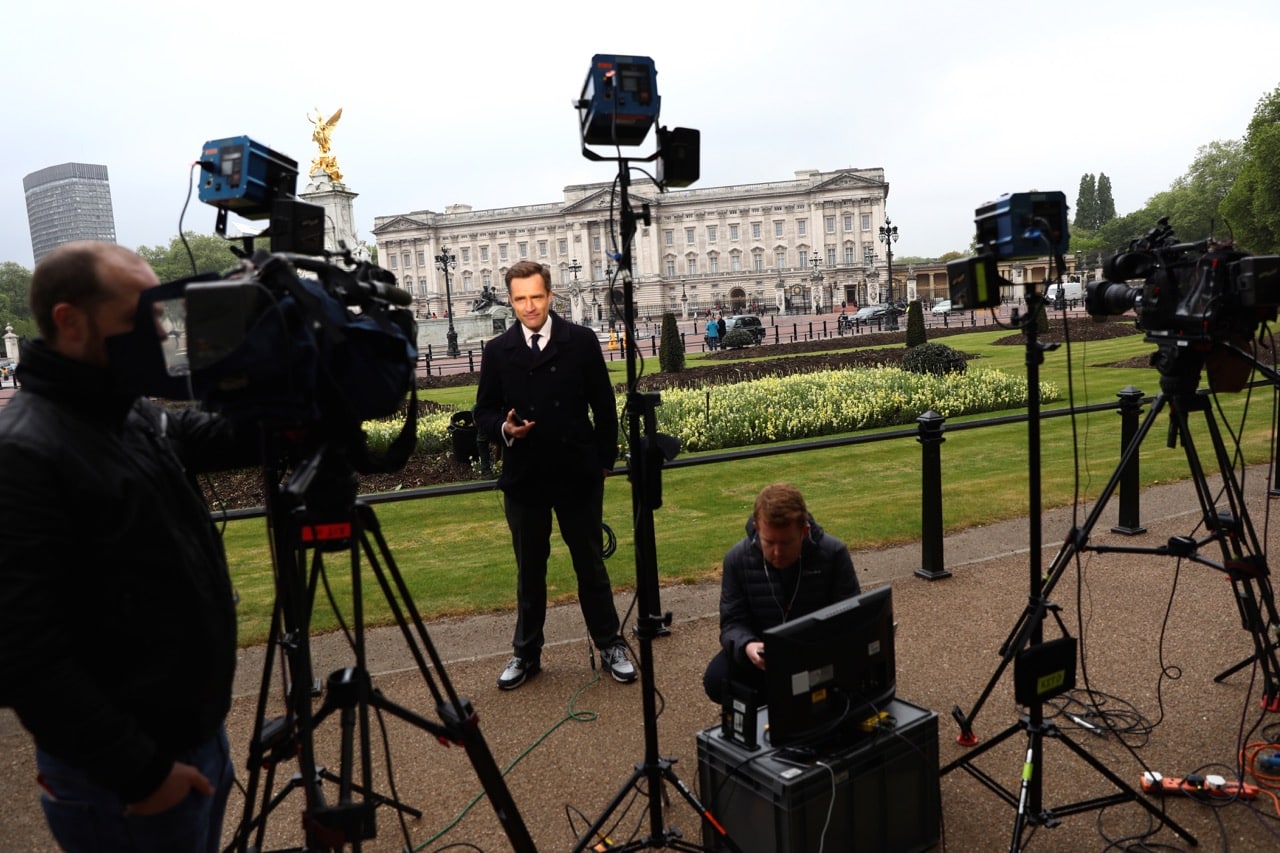
Concerns about UK press freedom raised in submission to UN Human Rights Council
In September 2016, RSF submitted a contribution to the UN Human Rights Council underscoring press freedom concerns in the U.K. This worrying trend has worsened in the months following this submission.
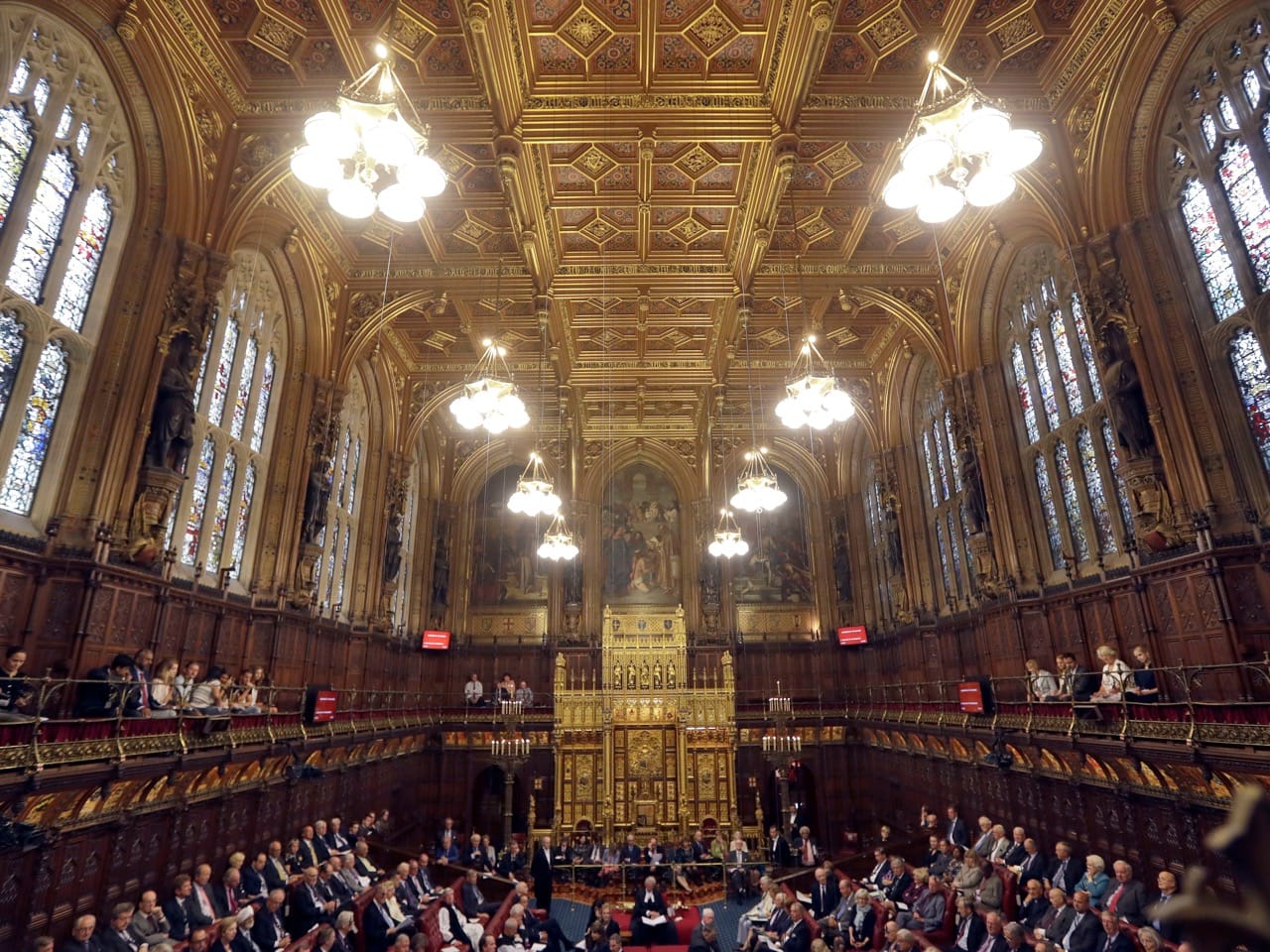
Will UK jail journalists for doing their job?
Journalists in the UK could face up to 14 years in jail just for receiving secret information if an update to the Official Secrets Act is approved.
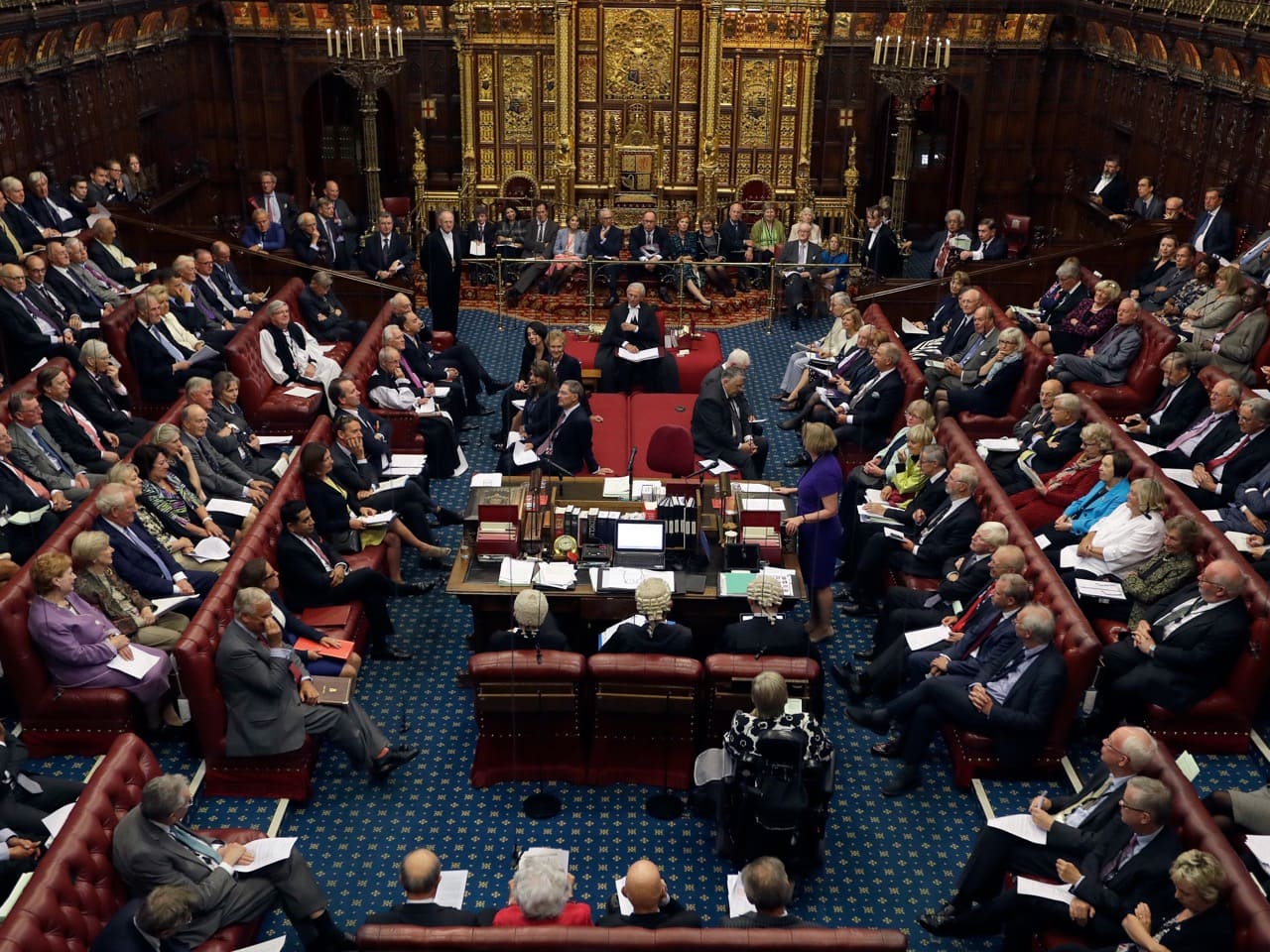
Draft UK law empowers the wealthy and threatens independent journalism
Section 40 is part of the Crime and Courts Act 2013, which deals with a whole range of issues but also implemented some of the recommendations contained in the Leveson Report into phone hacking by newspapers.
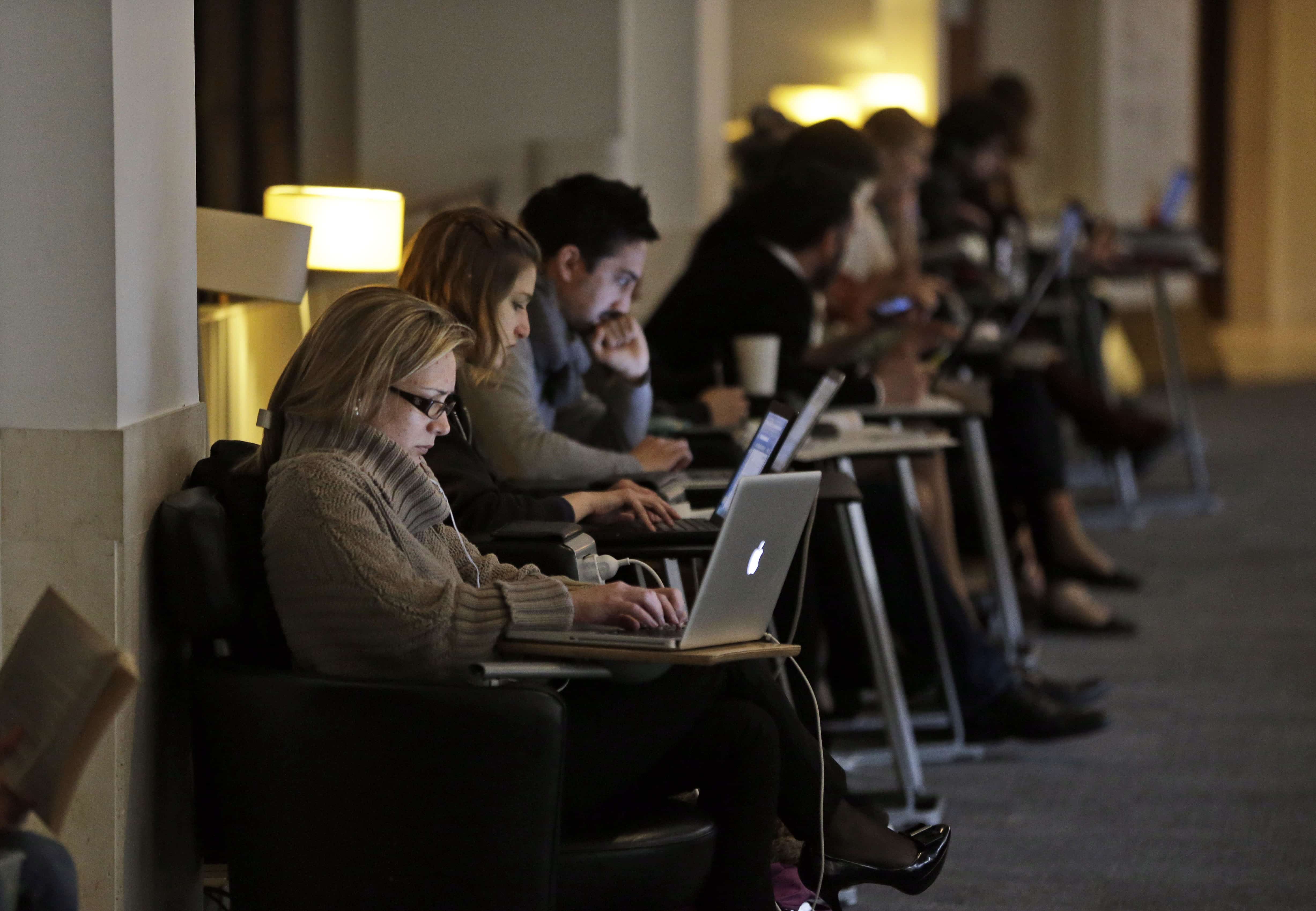
What is wrong with U.K.’s “Snooper’s Charter”?
Aside from giving authorities access to citizens’ browsing history, phone calls, emails, documents, GPS location records and even passwords, little else is wrong with Britain’s new surveillance law.
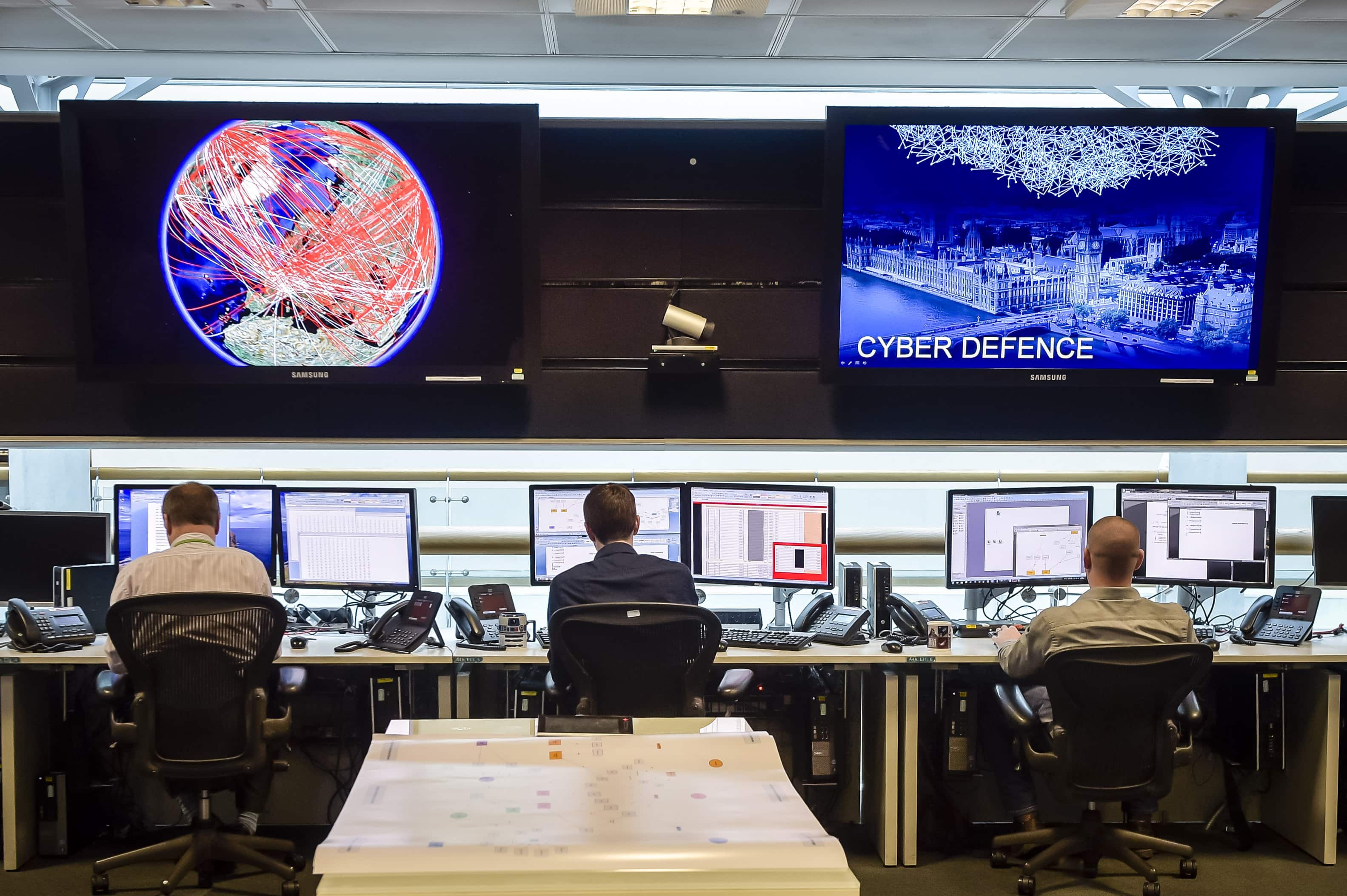
Did British intelligence spy on Human Rights Watch?
HRW demands that UK Investigatory Powers Tribunal confirm whether they were subject to surveillance by GCHQ.
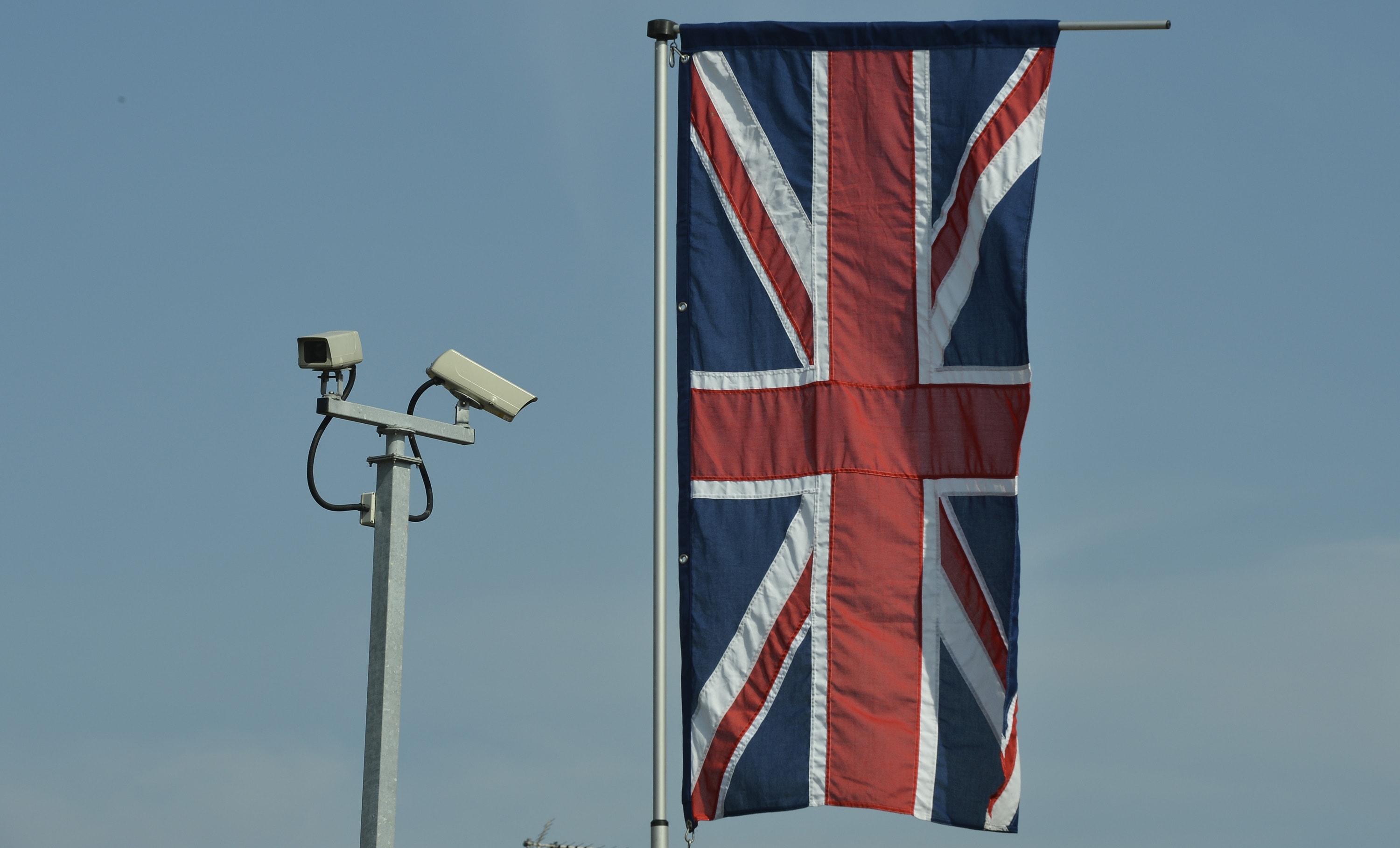
With new spying powers on horizon, surveillance companies descend on U.K.
Surveillance companies and government officials from across the world gathered in the U.K. at the invitation of the Home Office for the UK’s “Premier Security and Law Enforcement Event”, one week after the controversial spying legislation, entitled the Investigatory Powers Bill, had its first reading in Parliament.
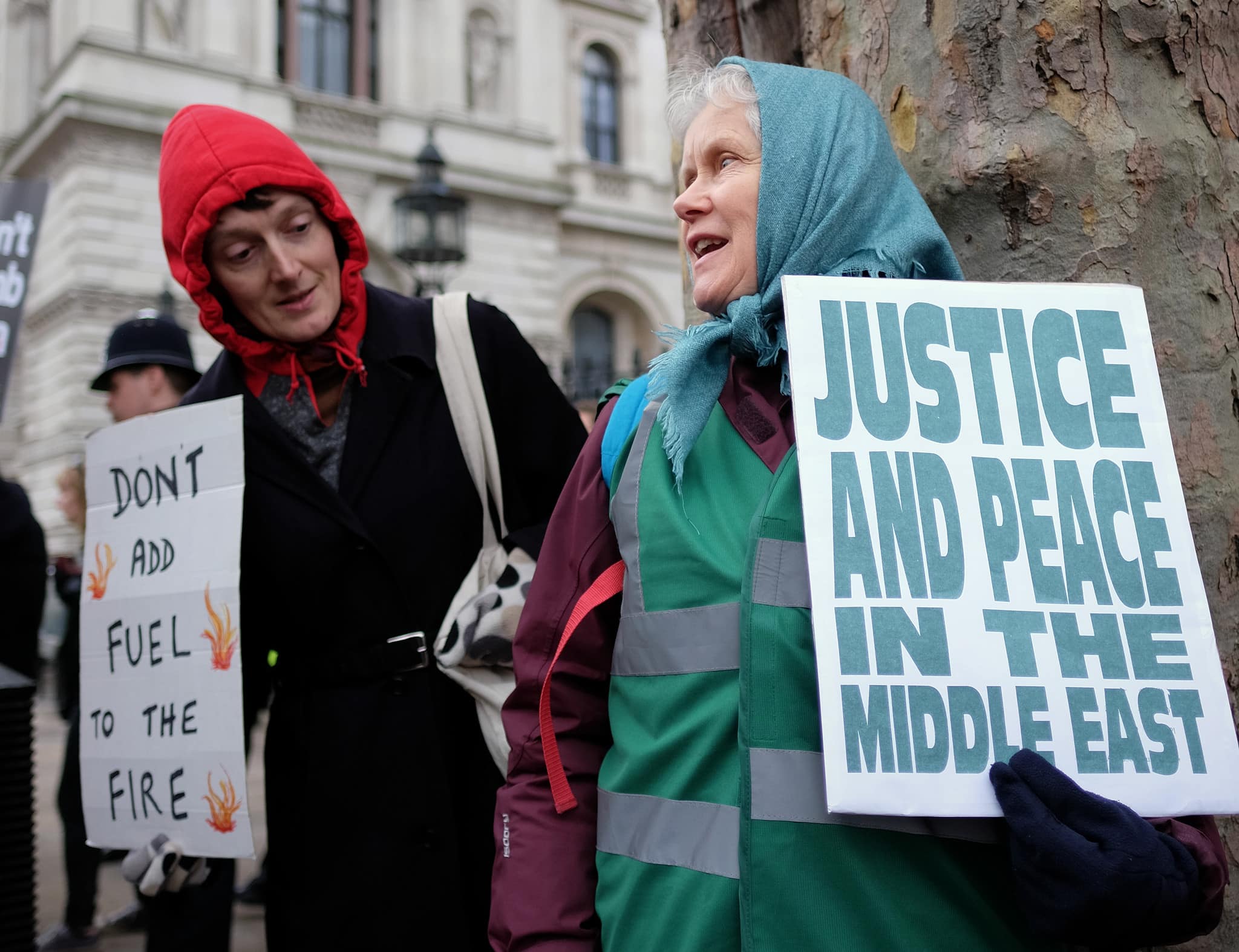
The free speech quandary: Defending the rights of extremists
“The trouble with fighting for human freedom is that one spends most of one’s time defending scoundrels,” wrote H.L. Mencken. “For it is against scoundrels that oppressive laws are first aimed, and oppression must be stopped at the beginning if it is to be stopped at all.”

UK: Free speech groups welcome win for press freedom in Miranda case
Said the Court of Appeal about their decision, “If journalists and their sources can have no expectation of confidentiality, they may decide against providing information on sensitive issues of public interest.”
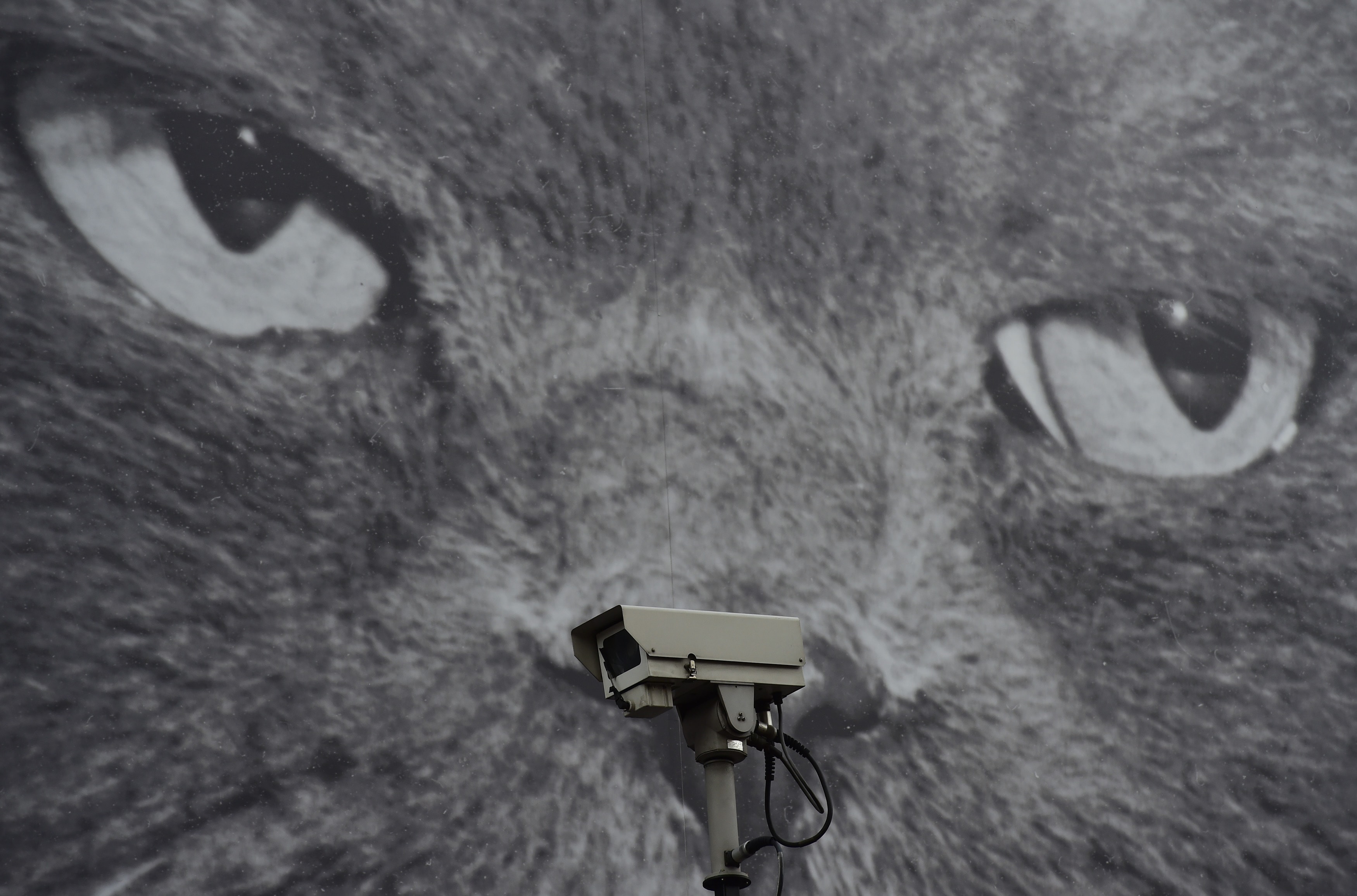
Make no mistake, this is a new Snoopers’ Charter, and it’s worse than ever
The Draft Investigatory Powers Bill, proposes the legitimisation of powers that no other democratic nation has had the audacity to attempt. They are asking Parliament to give them new powers to hack into our computers and look at our internet browsing histories.